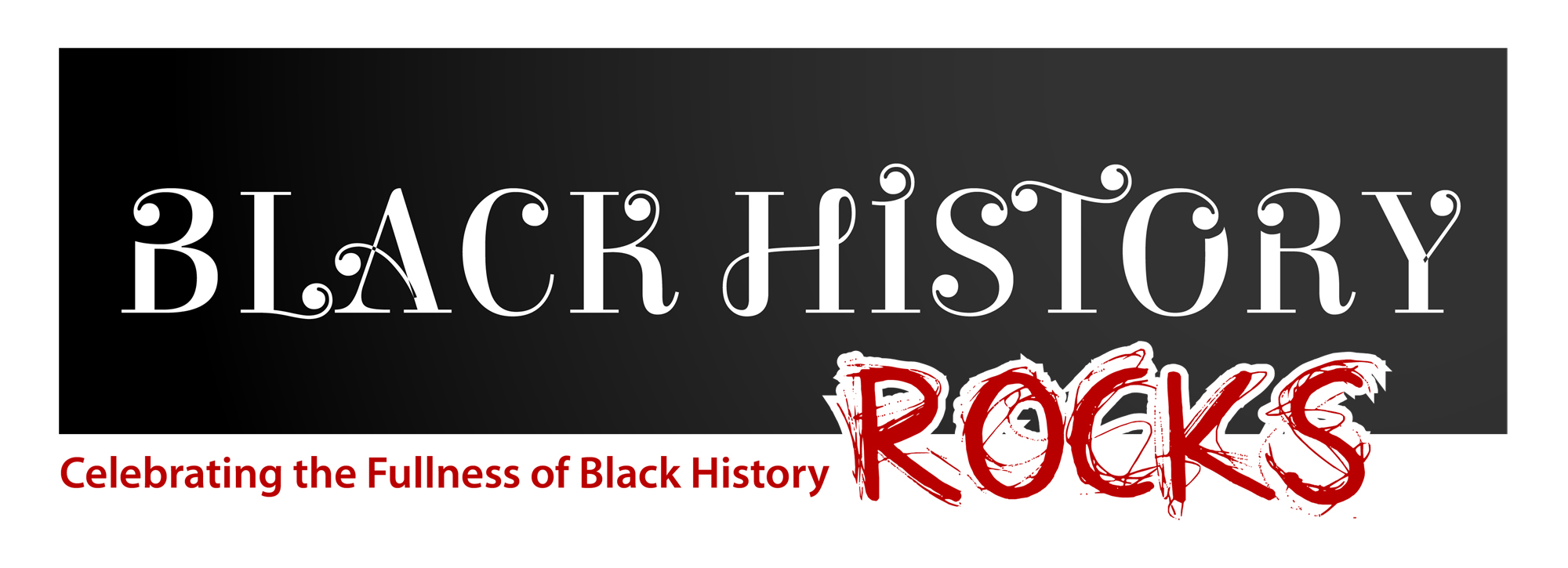History is a critical component of learning, not only about yourself but also about the world around you. Here, we will trace Black people’s history in the United States beginning in 1619 to the present. I hope that this timeline will help to give you a foundation in which to start your quest for learning Black history.
Side Note:
Since Black history is vast, this timeline highlights only a snippet of events that have happened throughout time.
The First Abolitionist Society is Formed
The first abolitionist society in the United States, The Society for the Relief of Free Negroes Unlawfully Held in Bondage, is formed in Philadelphia.
First African Baptist Church
Andrew Byron and George Liele organize the First African Baptist Church in Savannah, Georgia.
American Revolution
On March 5, 1770, Crispus Attucks, an African American male, was the first person killed during the Boston Massacre. This death signaled the beginning of the American Revolution.
Phillis Wheatley
Phillis Wheatley, an enslaved woman born in Boston, Massachusetts, writes a poem entitled A Poem by Phillis, A Negro Girl, On the Death of Reverend Whitefield, at the age of 14. This poem is published three years later in 1770 by the University of Cambridge in New England.
The Enslaved Population
By 1750, the enslaved population was around 236,400, with nearly 206,000 living in the South. That amount is almost 20% of the entire U.S. population.
New Laws Created to Restrict Free Black People
Virginia created that denied freed and free-born African Americans the right to vote and forbid them from carrying weapons.
The Population of Enslaved Africans in America
By 1700 there were 28,000 enslaved Africans in America with 23,000 living in the South.
Children Born to Black Women, Enslaved or Free
The colony of Virginia passed a law stating the legal status of children born to either free or enslaved African women would follow the mother’s legal status rather than the father.
Slavery Is Legalized
Slavery is legalized for the first time in Massachusetts, becoming the first colony to do so. Eventually, all of the New England colonies follow suite.
Slavery Began in the United States
There were twenty Africans brought to Jamestown, Virginia, in August of 1619. These 20 people were brought as indentured servants and received their freedom after one term of seven years of service. After receiving their freedom, these individuals were allowed to participate in political affairs and eventually own property.
Citations:
Bio.com. Accessed August 18, 2016. http://www.biography.com/people/shirley-chisholm-9247015.
Bracks, Lean’tin L., and Jessie Carney Smith. African American Almanac: 400 Years of Triumph, Courage and Excellence. Visible Ink Press, 2011.
Brooks, Christopher Antonio, and Benjamin Todd Jealous. The African American Almanac. Farmington Hills, MI: Gale Cengage Learning, 2011.
History.com Staff. “Hurricane Katrina.” History.com. 2009. Accessed August 18, 2016. http://www.history.com/topics/hurricane-katrina.
“Meet the Attorney General.” U.S. Department of Justice. Accessed August 10, 2016. https://www.justice.gov/ag/meet-attorney-general.
“President Barack Obama.” The White House. 2014. Accessed August 18, 2016. https://www.whitehouse.gov/administration/president-obama.
